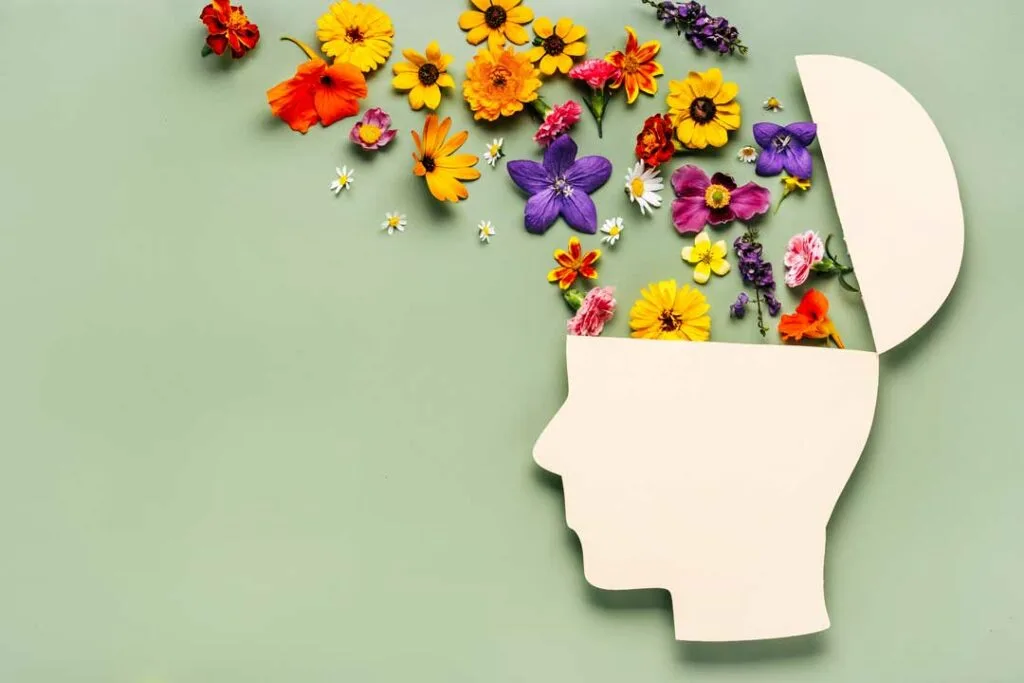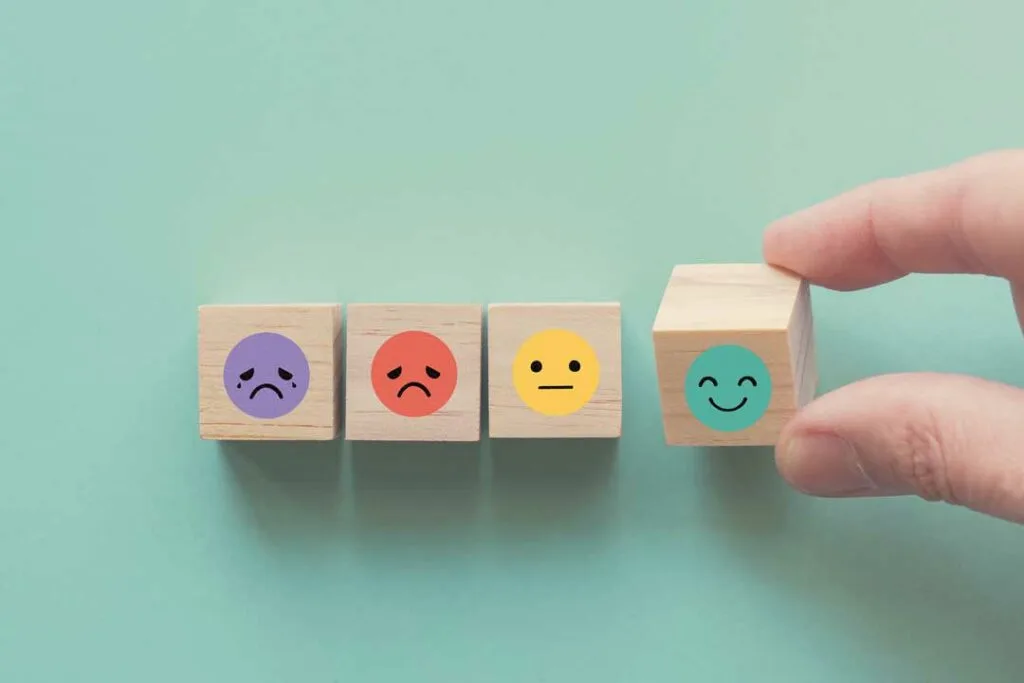Recognizing the significant influence of mental and emotional well-being on behavior is crucial for fostering personal development and sustaining relationships. Mental health encompasses emotional, psychological, and social well-being.
How individuals feel, think, and cope with emotions directly influences their actions, interactions, and overall well-being. This relationship between emotional states and behavior patterns is critical, affecting decision-making, stress management, and daily interactions.
Continue reading to explore how your emotional health shapes your behavior and learn strategies to manage its influence effectively.

The Role Of Mental Health In Behavioral Patterns
Mental health encompasses many cognitive functions and behavioral patterns that can be deeply ingrained over time. Genetics plays a role, so you may wonder, “Are mental health issues hereditary?” While research suggests a genetic component to some mental health conditions, it’s important to understand that it’s not the sole factor. Environmental and lifestyle influences also contribute significantly. Addressing both the genetic predispositions and the external factors influencing your mental well-being can lead to significant changes in behavior and overall mental health.
pen_spark
tune
share
more_vert
Here are the ways mental health impacts behavior:
Cognitive biases
Mental health conditions can distort how one perceives their environment, affecting judgments and interactions. For example, depression might lead someone to interpret neutral comments as negative, altering their behavioral response.
Stress responses
Individuals with ongoing mental health issues may exhibit heightened or diminished stress responses. This can manifest as overreactions to minor stresses or under-reactions to significant events, disrupting daily functioning.
Long-term planning abilities
Mental health disorders, such as anxiety and depression, often skew one’s focus towards immediate relief from discomfort rather than pursuing long-term goals. This can hinder personal development and the achievement of life milestones.
Addressing mental health supports the development of positive behaviors that are in harmony with one’s goals and societal expectations. Regular mental health care can pave the way for a fulfilling and balanced life.
How Therapy Can Help Modify Behavioral Outcomes
Therapy serves as a cornerstone for effective behavioral change, especially for individuals grappling with complex emotional and psychological terrains. Through therapeutic interventions, individuals gain insights and tools for cultivating healthier behavioral patterns. Programs such as adolescent partial hospitalization (PHP) and intensive outpatient (IOP) program offer structured support tailored to meet the needs of youth requiring more intensive therapy.
Below are the benefits of therapy in behavioral modification:
Enhanced self-awareness
Through therapeutic techniques like cognitive-behavioral therapy (CBT), individuals gain valuable insights into their emotional triggers and behavioral patterns. This self-awareness empowers them to recognize situations that might lead to unhealthy behaviors and make conscious choices.
Improved coping strategies
Therapy equips individuals with a toolbox of healthy coping mechanisms to manage stress, anxiety, and other challenging emotions. These strategies might include relaxation techniques, mindfulness exercises, or communication skills training. By having effective coping mechanisms, individuals are less likely to resort to unhealthy behaviors like substance abuse or self-harm.
Building emotional regulation skills
Therapists can teach individuals valuable emotional regulation skills. This might involve techniques for identifying emotions, managing their intensity, and expressing them constructively. With better emotional regulation, individuals are better equipped to respond to situations calmly and thoughtfully, leading to healthier behaviors.
Therapy provides essential tools and insights that can lead to lasting behavioral changes, offering a foundation for better mental and emotional health.
Understanding The Influence Of Emotional States
In the initial stages of understanding this influence, it’s essential to recognize that emotions can dictate behavior subtly and significantly. For instance, heightened emotional states such as stress or anger can lead to impulsive decisions or actions that might not occur in a more balanced state.
Take a closer look at how one’s emotional state can shape their behavior.
Increased reactivity
Positive or negative emotions can heighten a person’s sensitivity to everyday triggers. For instance, feeling anxious might make you overreact to minor inconveniences, like a slow-moving line at the store. This heightened reactivity can lead to impulsive behaviors or emotional outbursts.
Decision making
Emotions can cloud judgment and interfere with the ability to make clear-headed decisions. Understanding and managing emotional influences are essential for making decisions better and more aligned with one’s long-term goals and values. For example, if you’re feeling overwhelmed, calming down can prevent you from making hasty decisions that you might regret later.
Interpersonal relationships
Emotional health directly affects how individuals interact with others. When stressed or angry, communicating effectively and maintaining healthy relationships can be difficult. Conversely, positive emotions like joy and compassion foster stronger connections with others.
The sway of emotional states over behavior is substantial, affecting everything from snap judgments to long-term interactions with others. Recognizing and managing these emotional influences is essential for maintaining personal and professional relationships aligned with one’s goals and values.

Conclusion
Understanding and managing the interplay between mental health and behavioral patterns is crucial for personal development and maintaining effective relationships. Individuals can foster a more stable and fulfilling life by embracing strategies that improve emotional regulation, enhance decision-making, and develop healthier coping mechanisms. The journey to better mental health is ongoing but entirely achievable with the right tools and support.
If you’re ready to take the next step in your mental health journey, contact Compass Health Center today for specialized, evidence-based care tailored to your needs.

Jessi is the creative mind behind The Coffee Mom, a popular blog that combines parenting advice, travel tips, and a love for all things Disney. As a trusted Disney influencer and passionate storyteller, Jessi’s authentic insights and relatable content resonate with readers worldwide.
